Mobile Tartu 2024 – one of the highlights of our conference summer – was held on 12-14 June in Tartu, Estonia. Organised by our close colleagues from the Mobility Lab, University of Tartu, this year’s conference focussed on human mobility and mobile big data analytics for just and sustainable societies.
The three conference days of Mobile Tartu 2024 featured a wide variety of paper and poster presentations, engaging panel discussions, and top-notch keynote speeches by Prof Jukka Krisp, Prof Nico Van de Weghe, Assoc Prof Anu Masso and Assoc Prof Robin Lovelace. Many of the current and former members of the Digital Geography Lab were present in Tartu and gathered inspiration from the latest mobility research and fascinating coffee break chats with colleagues from around the world.
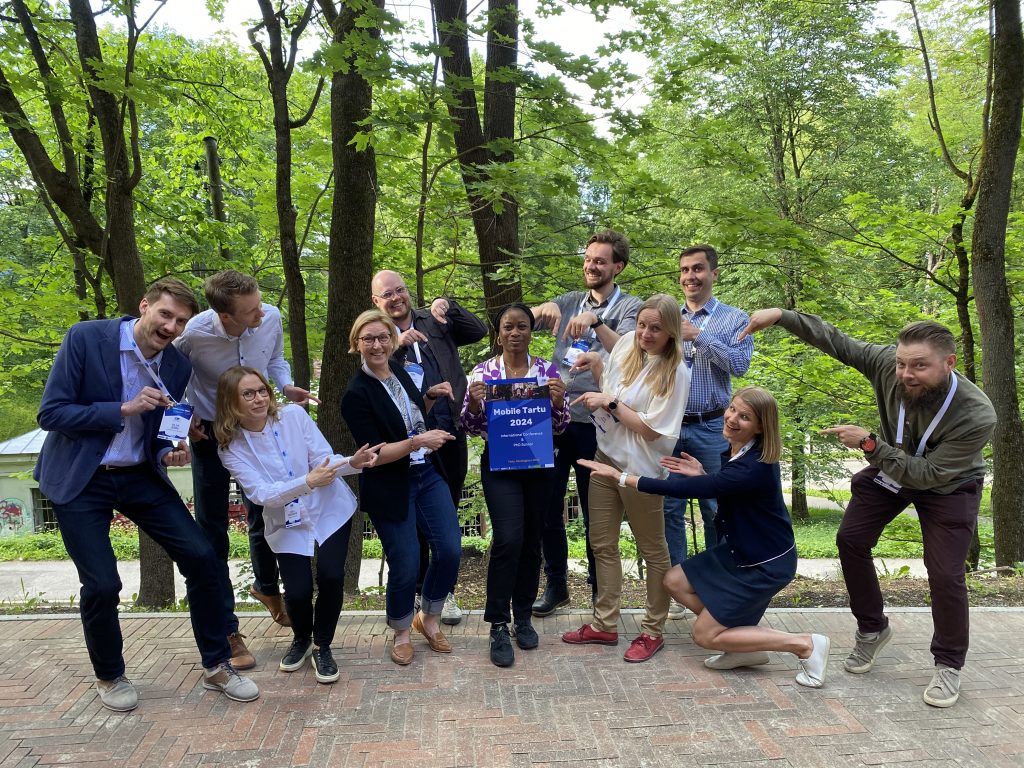
The Digital Geography Lab members had an honour to contribute to the conference programme in multiple ways – by presenting our most recent project results, chairing paper sessions, and participating in a panel discussion. Take a look at the brief photo collection of our presentations at Mobile Tartu 2024. Continue reading “Mobile Tartu 2024 – Three inspiring conference days with top-notch presentations and engaging discussions”

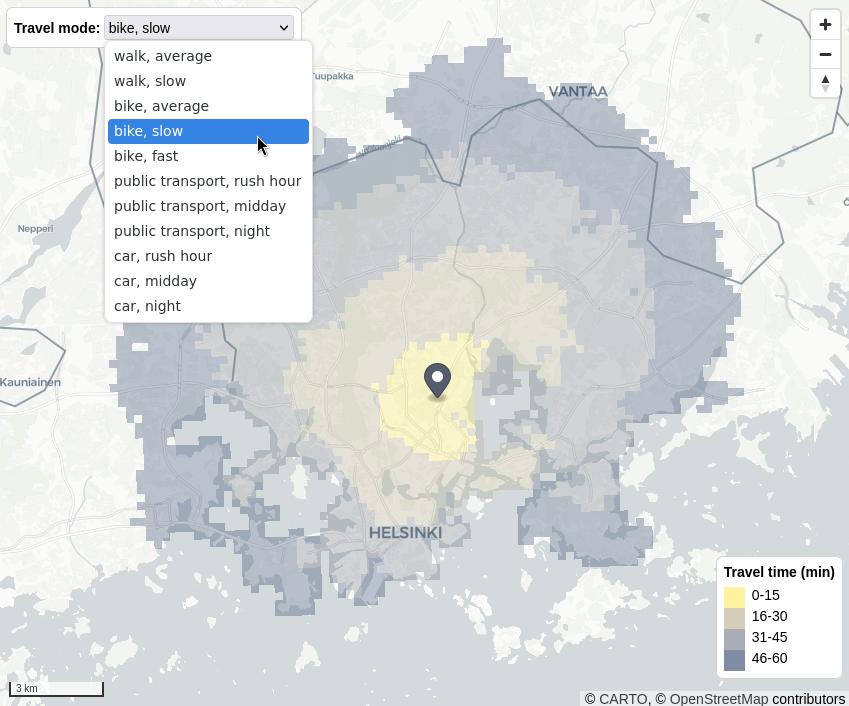
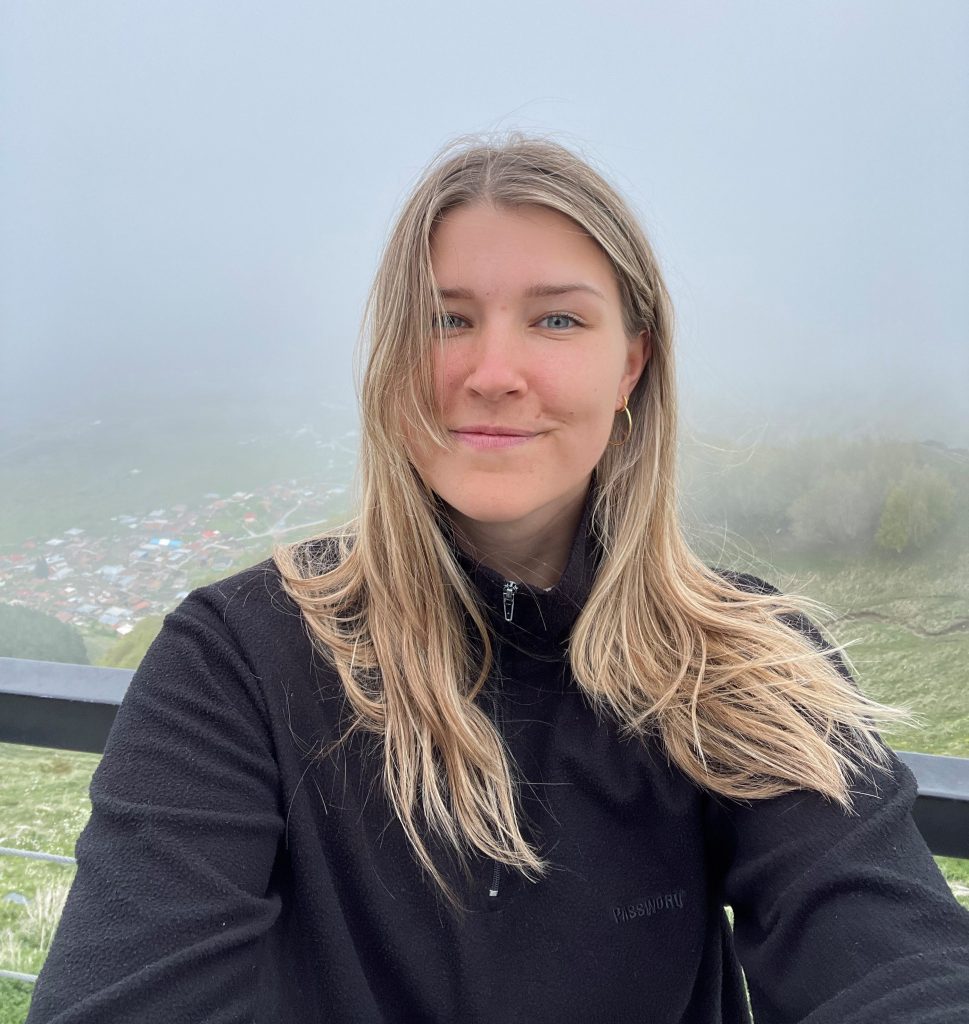
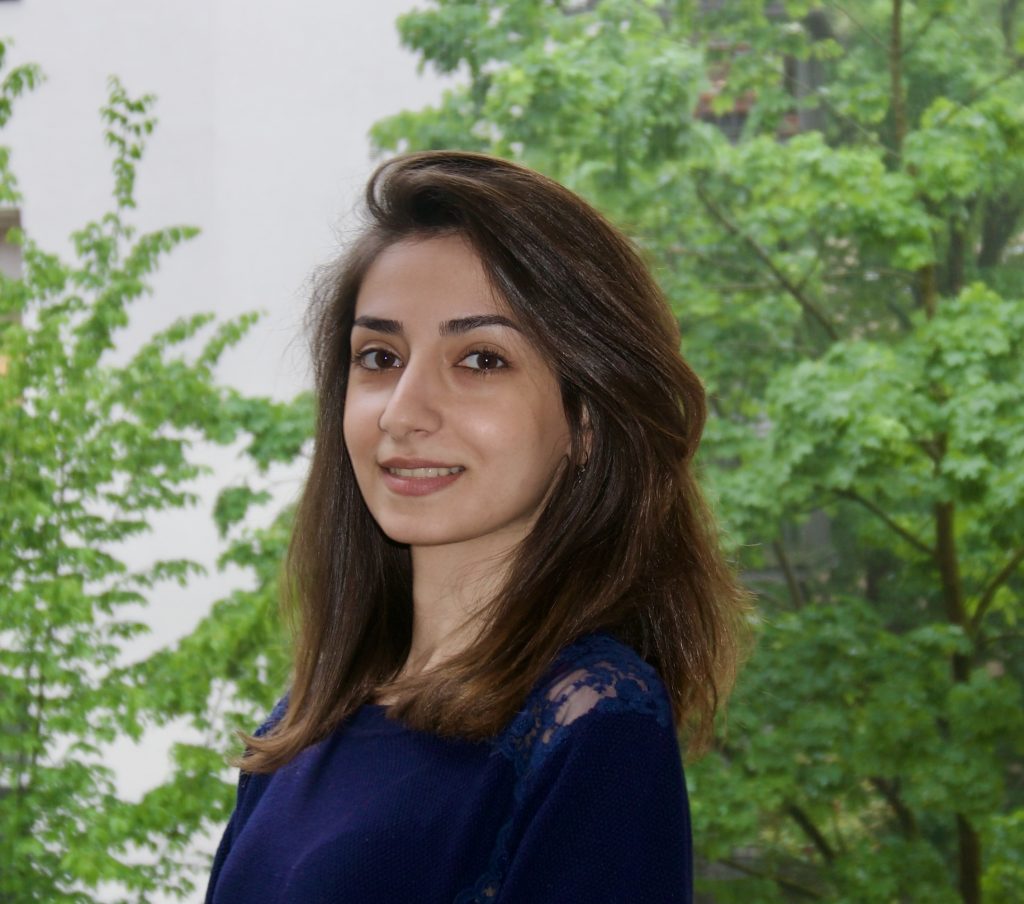
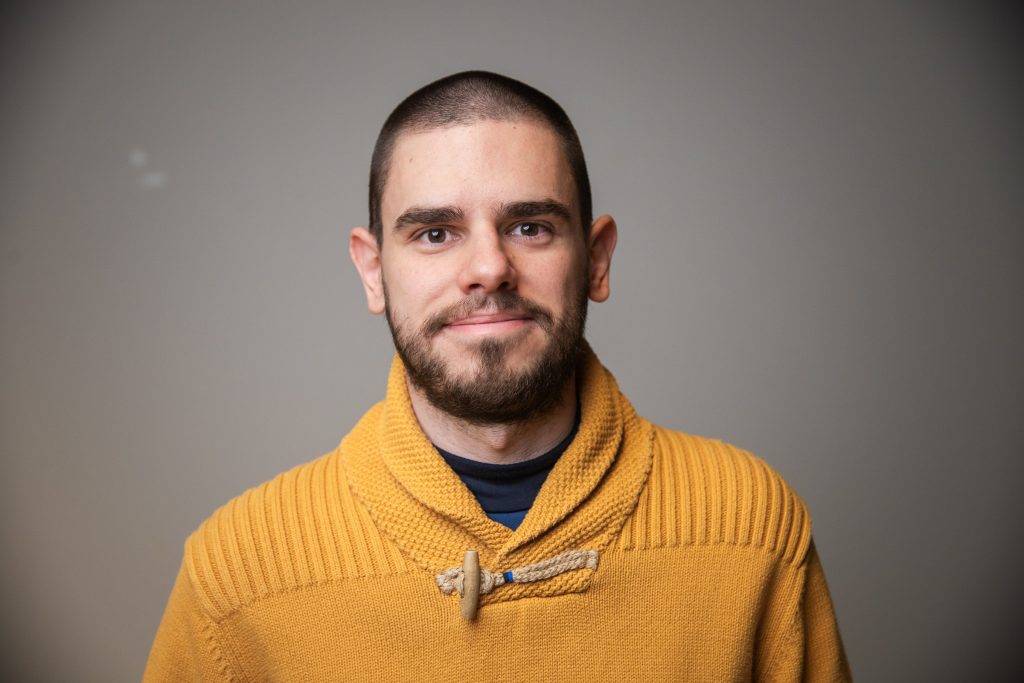


 Who are you, and what is your role at your home university?
Who are you, and what is your role at your home university?